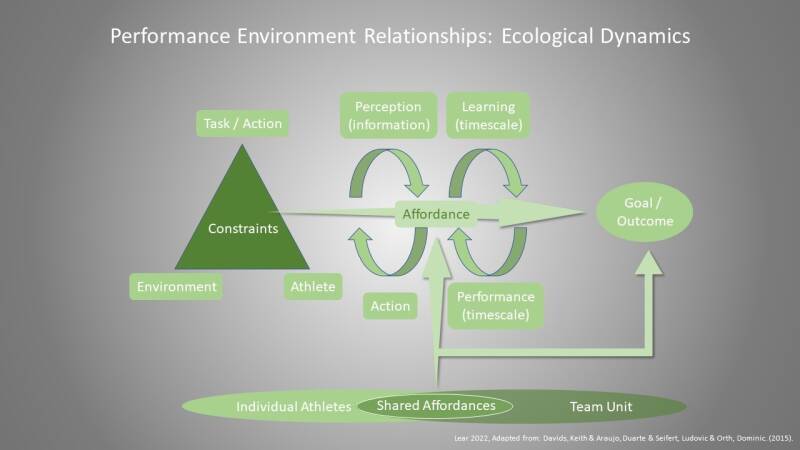BLOG: By Bobby Tingle

The idea of "muscle memory" is frequently misinterpreted. Although it may seem that muscles have the ability to "remember" specific movements, this is actually a result of neural adaptation within the brain and nervous system. Through repetitive actions, neural pathways are reinforced, leading to more fluid and efficient movement execution; however, it is important to note that the muscles themselves do not retain memories.
Many coaches and athletes are familiar with the notion that repetitive practice leads to "muscle memory," allowing movements to be executed automatically when needed. This concept often manifests in practices like a golfer repeatedly performing the same swing in identical conditions, believing it will engrain the technique. However, one must question whether skillful execution is truly a matter of mere repetition and automation, or if it is instead characterized by adaptability, responsiveness, and intelligence.
Habits or Skills?
Skill transcends mere repetition of biomechanical movements or specific techniques; it is fundamentally shaped by the interaction with the environment. Competent athletes must adjust their skills to meet the demands of each unique situation. For instance, a golfer must modify the angle and length of their swing depending on the type of lie or the slope of the terrain. In sports like soccer, where open skills are essential in unpredictable settings, traditional drills that emphasize fixed patterns—such as players waiting in line to pass to a stationary teammate—fail to reflect the dynamic nature of the game. This raises a critical question: are our current coaching methods fostering habits rather than true skills? Often, we may inadvertently be training athletes to respond in rigid, repetitive ways rather than encouraging adaptable, fluid responses that are vital in competitive scenarios.
Repetition without Repetition
The belief that spending excessive hours on technique and repetitive drills to "build muscle memory" is a myth that has persisted for generations. If we accept that skill entails adaptability and a variety of movement solutions, then our practice methods must align with this understanding. Isolated drills restrict the use of the perceptual system, thereby limiting learning opportunities. In contrast, constraints-based activities immerse players in dynamic environments where they face constant pressure from a tagger. This setup allows athletes to employ diverse ball control techniques, utilizing various body positions and speeds, which activates their perceptual systems and mirrors real game scenarios. While isolated drills and deliberate practice have their merits, coaches should not view them as the primary approach to practice design. Instead, they should encourage athletes to swiftly translate the skills learned through deliberate practice into game situations.

So What Should We Say Instead?
Let’s retire “muscle memory” and talk about:
- Movement adaptability
- Perception-action coupling
- Stability through variability
- Attunement to affordances
It may not roll off the tongue like “muscle memory,” but it’s a far more accurate way to describe how elite performance actually works.
What is Ecological Dynamics?
Ecological dynamics is a framework that studies how individuals interact with their environment to produce movement and behavior, particularly in sports and other skilled actions. It emphasizes the interconnectedness of the individual, the task, and the environment, and how these elements influence each other to shape movement patterns and skill development.
Final Thought
When a coach tells a player to “just get reps” to build muscle memory, they might mean well—but they’re setting that player up for a version of success that might not transfer to the game. Instead, let’s train our players to become adaptable, attuned, and game-ready.
Because the best shooters don’t just remember what the shot felt like.
They solve the shot in real time.

At Player Development University, we are dedicated to helping basketball players of all levels unlock their true potential. My personal mission is to inspire players to reach excellence through the game of basketball. I have a unique perspective on the sport, having started my college basketball journey at the age of 22. Through my unconventional path, I have gained valuable experiences and lessons that I bring to every training session. Our programs are designed to cater to individual needs, allowing players to develop skills and techniques that will improve their game.
PDU also offer sports performance training for student-athletes. Coach Tingle is a Certified Strength and Conditioning Specialist (CSCS) through the NSCA. This certification is considered the "Gold Standard" in training athletes of all levels. Coach Tingle has many years of experience working with athletes from middle school through the college level.
Add comment
Comments